Miroslav Tudman, son of Franjo Tudman, has died from Coronavirus
February 1, 2021 – Miroslav Tudman, the first child of Franjo Tudman, died in Zagreb from complications caused by Coronavirus. A scientist and educator who followed a route into politics, he bore a striking resemblance to his father, the first President of Croatia
Miroslav Tudjman, HDZ member of parliament and son of Franjo Tudman, the first President of Croatia, died in the evening of Sunday 31 January 2021 in Zagreb. He was 75 years old.
Miroslav Tudjman had been hospitalized in Zagreb at the beginning of December due to complications caused by Coronavirus. He had been placed on a respirator. He sadly lost his fight for life at the Dr. Fran Mihaljevic Clinic for Infectious Diseases, Zagreb.
Born in Belgrade in 1946, the son of Franjo Tudman and his first wife Ankica Zumbar, Miroslav Tudman moved to Zagreb in 1961. He graduated from the Faculty of Philosophy at the University of Zagreb in 1970 and later became part of the faculty, founding its Institute for Information Studies in 1989.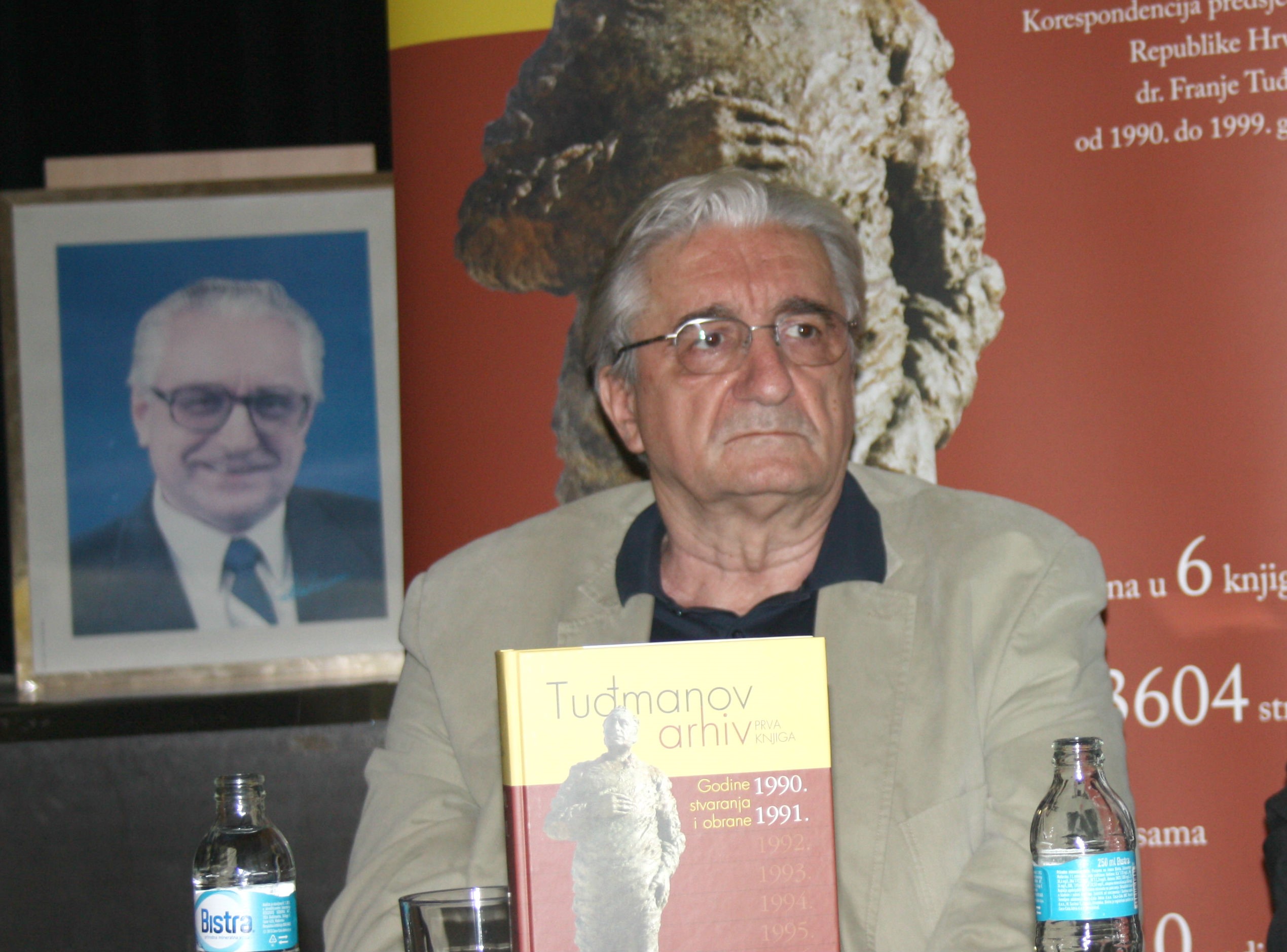 Miroslav Tudman © HDZ
Miroslav Tudman © HDZ
He took part in the Croatian War of Independence and in 1992 Miroslav Tudman became the head of the Centre for Strategic Research. He took up the role as the deputy head of the National Security Office before founding and leading the first Croatian Intelligence Agency (Hrvatska izvještajna služba, HIS). In 1998, Miroslav Tudman became a tenured professor at the Faculty of Philosophy where he had studied.
Miroslav Tudman had dallied with politics since before the war, but it was only after the passing of his father – who died while in office – that they became a more consuming affair for him. He flitted between running as an independent candidate, within fringe parties and as a member of HDZ, the party to which his father belonged. His longest duration with any party was from 2011 and 2021, during which he was a member of HDZ.
At the time of his death, he was a member of the Croatian parliament, head of the Parliamentary Delegation to the NATO Parliamentary Assembly, a member of the Committee on Defence, Internal Policy and National Security, War Veterans and Inter-Parliamentary Cooperation.
Bearing a very close resemblance to his father, Miroslav Tudman was named after Croatian writer Miroslav Krleža who his father adored at the time of his firstborn child.
Prime Minister Andrej Plenković said that he received the news of Miroslav Tudman's death with sadness.
"It is with great sadness that I received the news of the departure of Prof. Miroslav Tudman, PhD, a dear colleague, friend and member of the Croatian Parliament, son of the first Croatian President Franjo Tudman, a prominent politician and a scientist dedicated to protecting national interests," he wrote on Twitter. "In these sad and painful moments, for the Tudman family, I express my sincere condolences and sympathy, on behalf of the government and myself."
For the latest travel info, bookmark our main travel info article, which is updated daily.
Read the Croatian Travel Update in your language - now available in 24 languages
Croatia Logs 696 New Coronavirus Cases, 56 Deaths, 1,142 Recoveries
ZAGREB, 3 January, 2021 - In the last 24 hours, of 5,611 tests performed for coronavirus, 696 tests, that is 12.4%, have returned positive, and 56 COVID patients have died, Croatia's COVID-19 crisis management team stated on Sunday.
The death toll stands now at 4,072.
There are currently 6,444 active cases, including 2,453 hospitalised patients, of whom 211 are placed on ventilators.
A total of 18,299 people are self-isolating.
Since the start of the epidemic in late February, 212,958 people have been infected with the novel virus and 202,422 have recovered, including 1,142 in the last 24 hours.
As many as 1,032,091 tests have been done.
Croatian Healthcare Workers: Christmas's Forgotten Heroes?
December 28, 2020 – Amidst the difficulties of a second lockdown, a socially distanced Christmas and yet more earthquakes, have we forgotten about Croatian healthcare workers? TCN decided to interview a doctor working on the front line of the fight against COVID
During the first lockdown, it was all about the balconies. Saxophonists, DJs, opera singers – we were entertained on social media by a string of balcony-based stunts that somehow showed resilience, community spirit, humour. Zagreb was no exception. A trend of clapping on balconies in appreciation of healthcare workers passed from country to country and was picked up in Zagreb. After the applause finished, people went back inside. Nothing much had changed. It was a nice enough gesture.
Since the start of summer, no such applause has been heard. Perhaps the release from lockdown gave the signal that the lives of Croatian healthcare workers had also become much easier? That certainly wasn't the case. Though the number of people infected with COVID has grown significantly over recent weeks, Croatian healthcare workers have been treating people sick with COVID since springtime.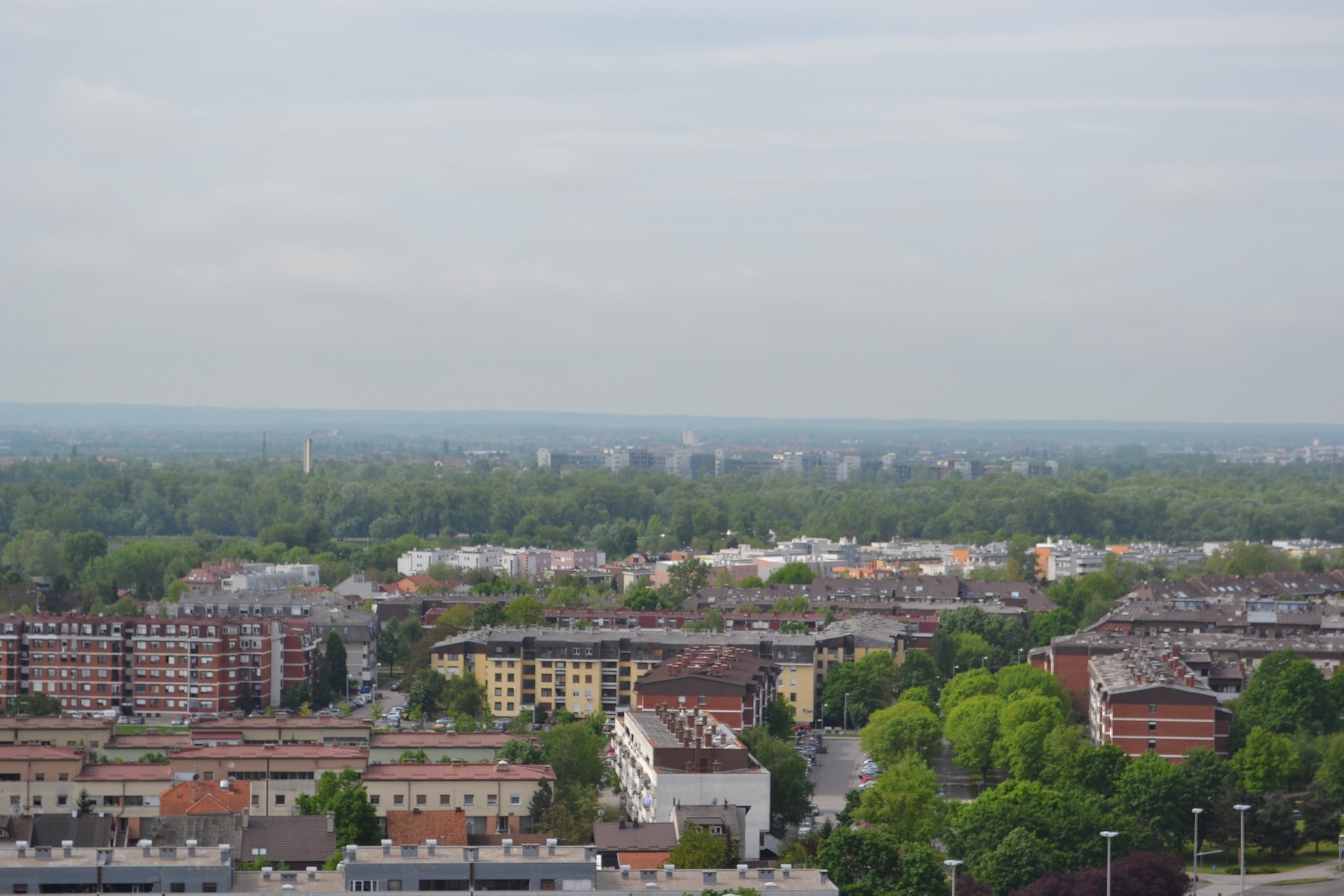
Croatian healthcare workers are currently busier with COVID patients than at any time before. And yet, there are no more trips out onto the balconies to show our appreciation for them. Perhaps it's now too cold outside? Perhaps some aren't aware how busy Croatian healthcare workers currently are with COVID patients? Are we perhaps guilty of taking Croatian healthcare workers for granted? Or, maybe we have simply put Croatian healthcare workers to the back of our minds as we struggle with our own challenges?
Throughout this year, TCN has been pleased to report many instances of generosity and innovation directed towards the fight against COVID. Certainly, not everyone in the country is guilty of forgetting about the Croatian healthcare workers who are on the front line fighting this disease. But, how much impact do these instances have on the general lives of Croatian healthcare workers? What is it like to no longer hear the nightly appreciation from our balconies? And, just what is life like as one of the many Croatian healthcare workers battling COVID in the year of the pandemic? TCN decided to interview one to find out.
The doctor we spoke with is a resident physician, working at a smaller community hospital in the continental part of Croatia. They agreed to speak with us on the condition that they do so anonymously.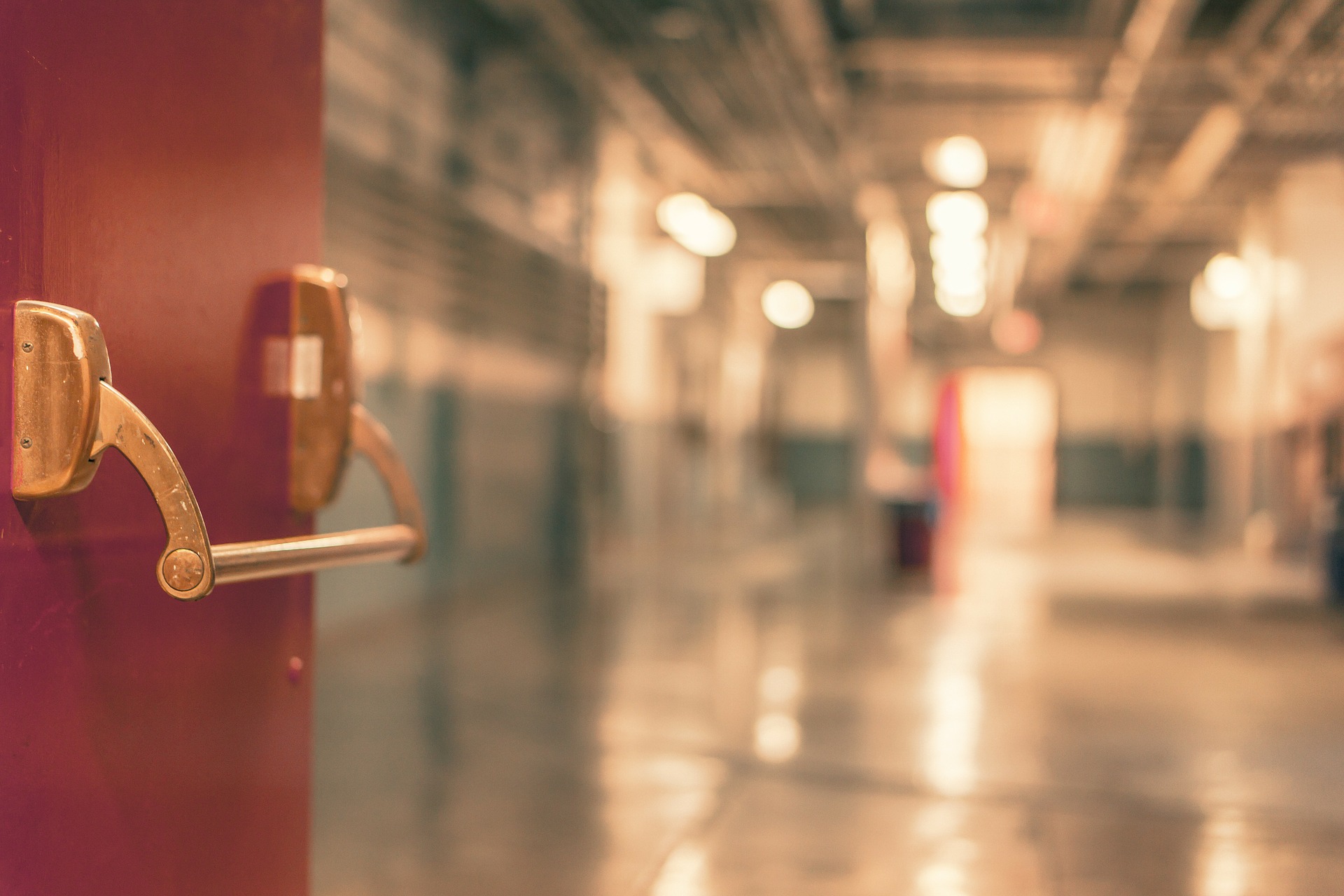
Looking back at the first lockdown, we didn't know so much about COVID back then. We didn't know exactly how it was spread, the different manifestations of the disease, what course the disease took, nor what the recovery could be like. I think the government did a really good job of responding to the threat as they saw it. We had a small spike in cases, but that is minuscule to what we have now.
I think people generally did what they were told because they thought it would be temporary and they could see the sense in starving the disease out.
At the hospital, we were at first caught a little off guard with the amount of PPE we had and some other resources that we needed. For ICU and ventilators, we were well equipped.
Some of the residents were given some paid leave. It was important to put human resources into tiers. Croatian healthcare workers were certainly more predisposed to catching the disease, simply because they were around it every day.
After such great early successes, I was surprised that everything was relaxed later on to allow the tourist season to take place how it did, and for events like the Vukovar commemoration. It felt like it was a calculated risk. The lockdown we are now in is perhaps too little, too late. The disease is out there now, wild. The numbers of infected people are significantly higher.
The difficulty with this disease is that people can be infected and have very few or no symptoms at all. They might not know they are spreading the virus. You might not know you're sitting next to someone who has it.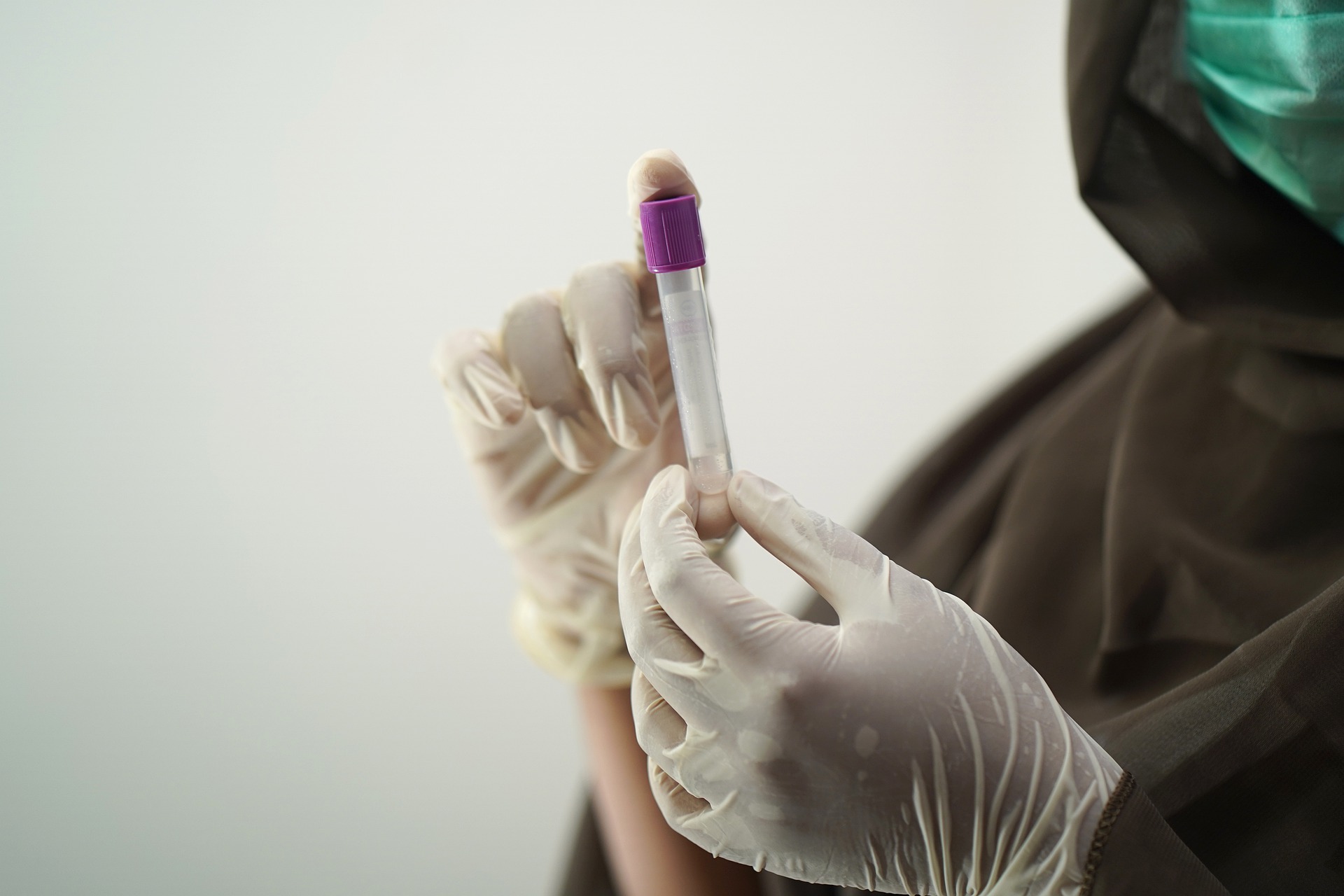
Even though we're not at the centre of care for a major population area or city, we saw cases of the disease almost immediately. Our community hospital services an area containing around 150, 000 people. The first cases in April came from nursing homes – elderly, vulnerable people, many with pre-existing conditions. We were well equipped to handle it. Now, we are stretched on a daily basis. We fill the beds with sick people as soon as we empty them.
We wear masks and PPE all day, all the time. All Croatian healthcare workers in hospitals currently do this. Every patient who comes in, regardless of their symptoms, we treat them as though they are carrying the disease.
A lot of residents like me, who are working towards getting their specialty, go to do some periods of work in larger hospitals in the bigger cities. Now, many of those residents have been called back to their community hospitals – we are short on human resources.
The hospital has had to restructure itself significantly. Lots of doctors have been asked to provide cover in the emergency department. Over half of that area is now fully dedicated to COVID.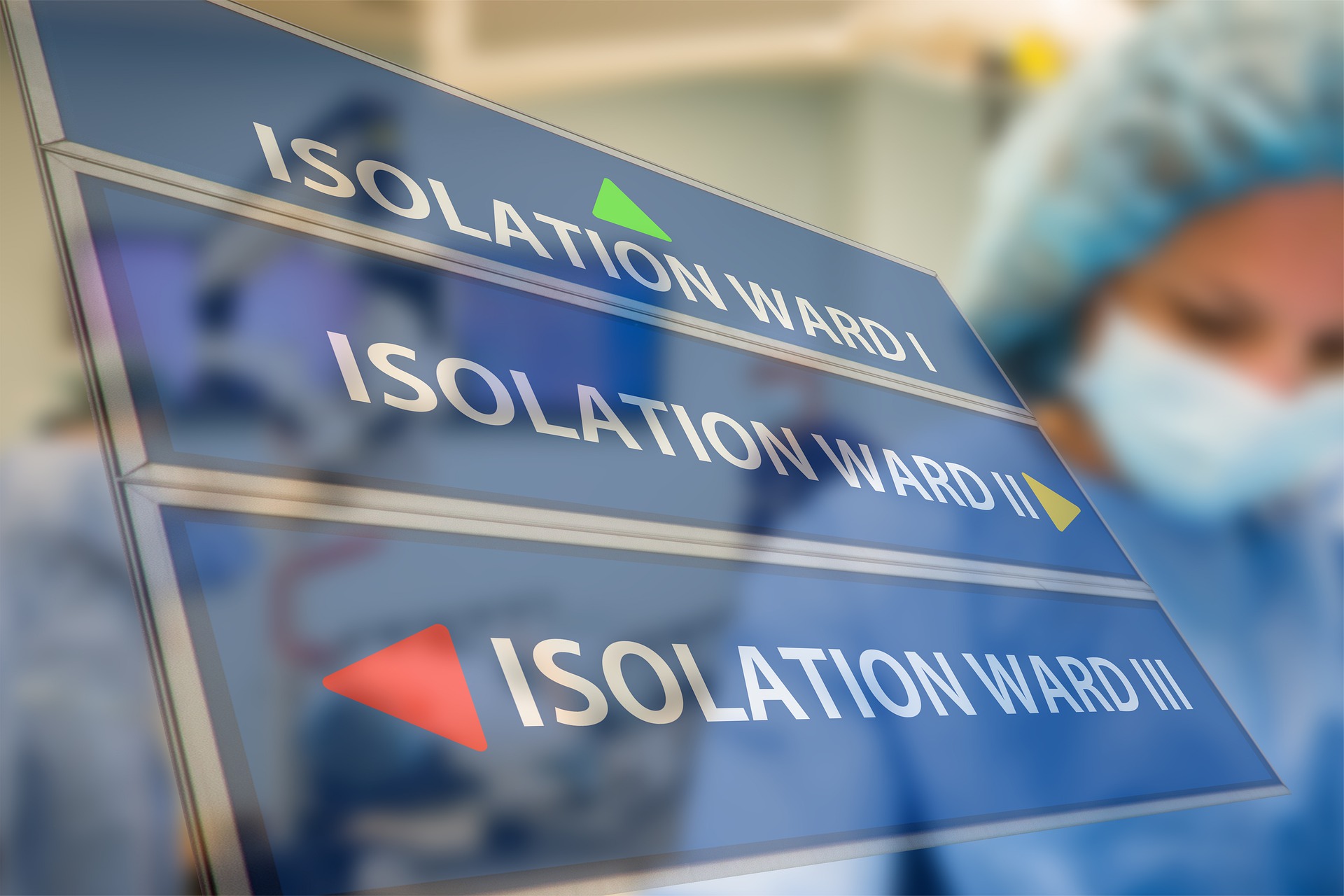
What do COVID patients look like in regards to their symptoms? It depends on their age and risk group, but you see people who look like they have flu or bacterial pneumonia, you see people who are in acute respiratory distress. Sometimes they have neurological changes, some of them look like they have had a stroke. Some people who have been infected and have supposedly got over the worst of the symptoms, come back in after a month or two with blood clotting problems – blood clots in the legs, which have a tendency to travel up to the lungs and cause a pulmonary embolism. That's a pretty big medical emergency. Some who have pre-existing heart conditions come in with a heart attack triggered by them catching COVID – it's more complicated trying to revive someone when you know they have COVID. The presentation of the disease is so variable.
It's not only older people. I've seen young people be admitted with serious reactions to COVID - young, healthy people who have no pre-existing conditions. I've seen young people come in with mild symptoms, they are sent home with antibiotics and steroids. That is the standard treatment – antibiotics to prevent a bacterial super-infection and steroids to prevent an acute reaction by the body's immune system to COVID. - that's what can cause big problems later on, in the course of the illness. But, sometimes that's not enough. I had a young patient just last week - super healthy, worked out regularly, no pre-existing conditions – and his lungs just looked awful. He had to go to the ICU immediately (sadly, this patient later died). That's like no disease I've ever seen before. Really, COVID is a completely new kind of animal.
The new strain of COVID? There is evidence that it can be spread more easily, and that it can affect more younger people, but there is no evidence that it is any more severe. The vaccines will work against it.
We're short on ventilators now. Really, we need two free ventilators at any time, in case there is an emergency admission. We are not currently in the position where we always have two free ventilators – sometimes they are all in use. That's a worry. I worked one shift where the anaesthesiologist said “We just don't have any more space for them – we will just have to put them in the hallway”. I've never seen that before.
I've heard of Croatian healthcare workers, colleagues in other hospitals getting sick with COVID and the hospital asks them to prove they got sick at work. It's pretty clear that's the most likely place they would have got sick because they're working with COVID patients. They were forced to be off work, but only on a lower level of sick pay. If you get ill because of being at work, you get full pay. But, they couldn't prove it, so they didn't get that.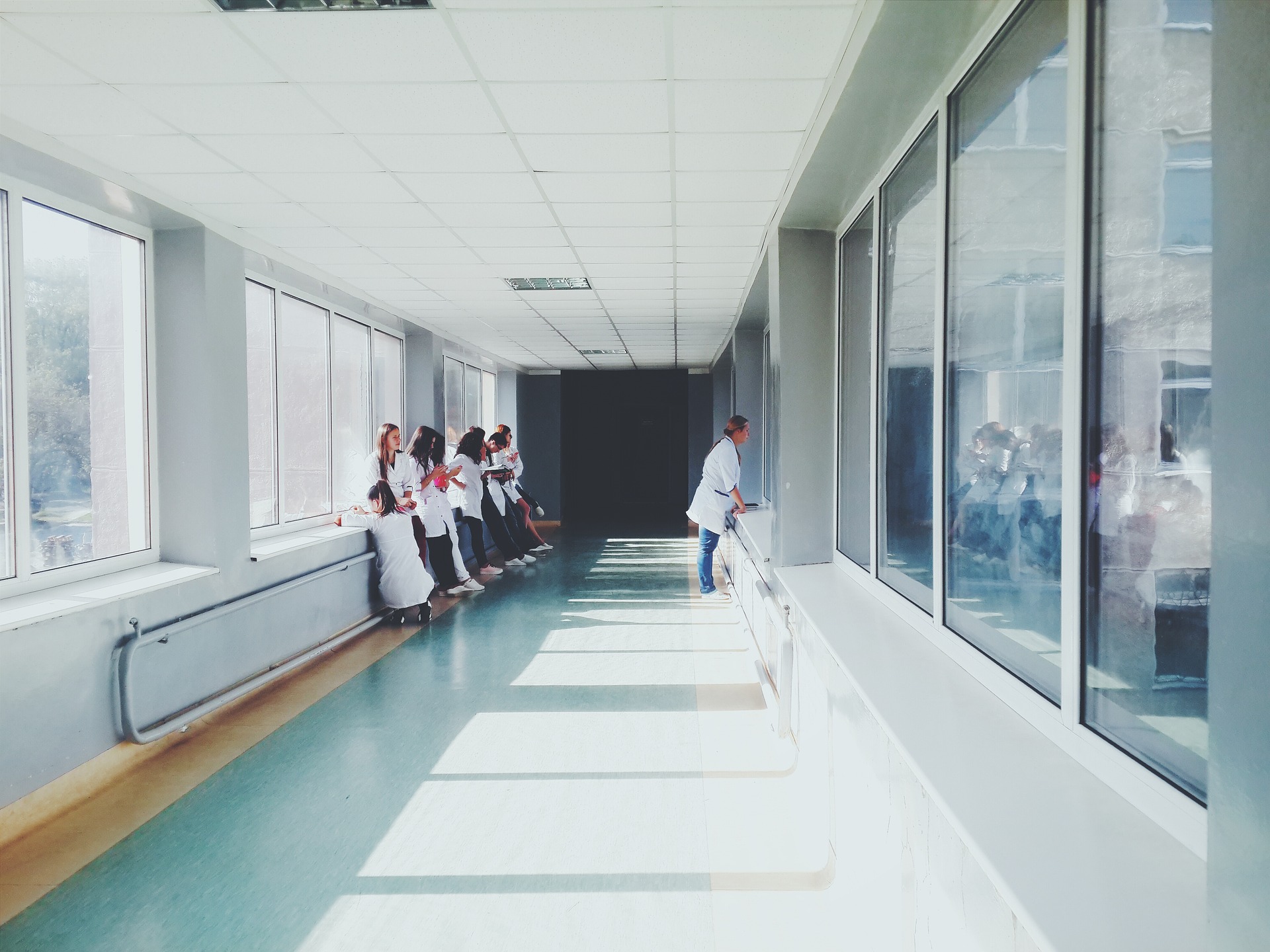
I've been lucky – I haven't caught COVID yet. Well, as far as I know. My pay hasn't gone down, it's gone up – but only because I'm working so many double shifts. I volunteer to provide cover when other members of staff get sick. The specialists – the consultant doctors – they have it worse than us resident doctors. They are more responsible, so they are expected to work more hours. Nobody is pressured or threatened into picking up extra shifts, it's just something that almost all of us just do.
I've read some nice stories about fundraising efforts and donations to Croatian healthcare workers and hospitals in different parts of the country. Everything is appreciated. But, I personally haven't seen any effect of that on our day to day lives at work. Not at our hospital. Maybe there were PPE donations or cash donations, but it hasn't impacted the daily lives of me and the Croatian healthcare workers who are my colleagues. I think I heard that a local garage was giving free cups of coffee if you show your medical ID. Every little is appreciated.
For me and the Croatian healthcare workers who are my colleagues, instead of any kind of personal discounts or donations to staff, we would much prefer if people just took this disease more seriously. Things look very different when you work in a hospital compared to someone outside who maybe doesn't know anyone who got sick.
I came off a particularly difficult double shift a couple of months ago – it was just non-stop COVID admissions, some severe cases. As I was walking home, I walked past a bar that's near to the hospital. They had signs on the walls telling people to keep their distance. But, the bar was absolutely packed – full of young people. It just felt so disappointing. I couldn't help but think of the older relatives they would come in contact with, some who might get really sick.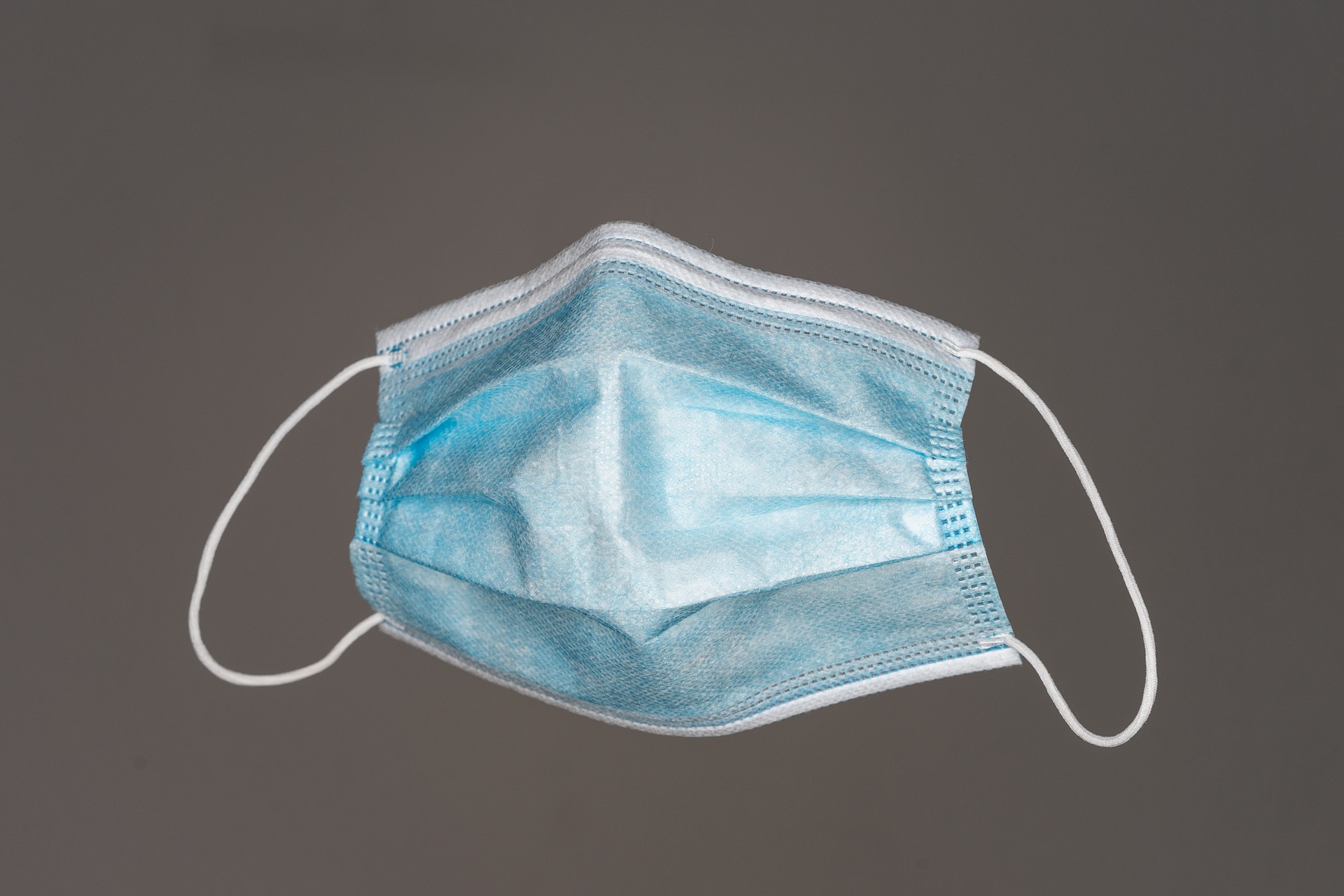
Instead of people clapping on balconies, I think Croatian healthcare workers would just prefer more general vigilance and personal responsibility – wear your mask, wash your hands regularly, no more parties in the basement. Clapping on balconies is a nice gesture, but ultimately it's an empty one.
How does it feel to know that there are some people out there, in every country, all around the world, who believe COVID is a hoax, or a plot, or not so serious, or that the vaccine is dangerous or something other than what it is?
Well, it's not always the content of the conspiracy theory that appeals to these people as much as it is their inability to accept facts – the truth – because they have little faith in the authorities that are telling them this. Here in Croatia, I think that distrust is quite high – a lot of people are disillusioned with the state and politics, because of corruption. Sometimes over 50% of the population choose not to vote. The dissemination of misinformation over social media doesn't help - if that's where people get their news from. If you look at that example from your own country, where strict measures about movement were put in place by your government, and immediately afterward, the Chief Advisor to the Prime Minister, was caught breaking them to travel across the country with his family to a second home in the countryside, going out on day trips. And he was defended by his colleagues after he was found out! When people see those kinds of things happening, the distrust between people and the authorities just grows.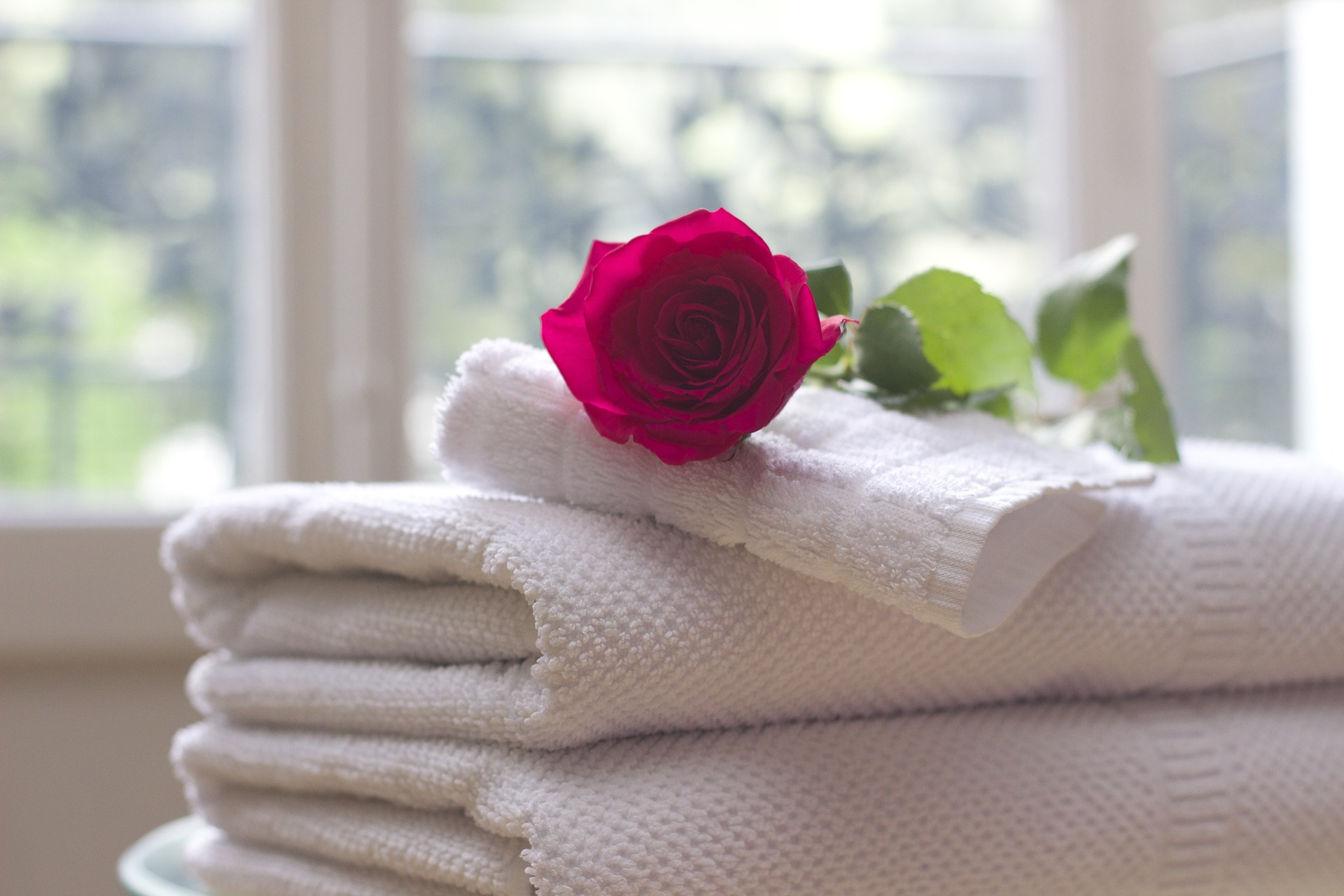
All of the images in this article are used as illustrations only. None of the places or people depicted are in Croatia or Croatian, except for the first image, a panorama of Zagreb
Croatia's COVID-19 Figures are Still High, Says HZJZ Head
ZAGREB, Dec 11, 2020 - Croatian Public Health Institute (HZJZ) director Krunoslav Capak has said that the number of new coronavirus infections is still high, as is incidence, and that more than 50% of employees of care homes and their residents as well as medical workers want to get vaccinated.
"Our figures are still high and they differ from county to county. Varazdin County continues to have the worst statistics, with incidence being almost twice as high as the average incidence in the country," Capak said on Friday at a news conference held by the national COVID-19 response team.
The latest figures show that there are 4,396 new infections out of 11,687 tests. A week ago, on December 4, there were 3,955 infections out of 10,626 tests and a week before that, on November 27, there were 4,080 new cases out of 11,091 tests, said Capak.
The current 14-day incidence for the entire country is 1,183 per 100,000 population, while Varazdin, Medjimurje and Krapina-Zagorje counties have the highest incidence.
Istria, Dubrovnik-Neretva and Pozega-Slavonia counties have much lower incidence rates.
The only other EU country that has a higher incidence than Croatia is Luxembourg, according to Capak.
As for the mortality rate, Croatia is currently 16th in the EU, with a rate of 580.7 per one million inhabitants.
As for the share of positive tests in the total number of tests, in the last 14 days it has been 35.6%, and the total rate so far has been slightly above 23%, Capak said.
Antigen testing in Varazdin County, care homes
Capak also said that rapid antigen testing was underway in Varazdin County, that currently workers of the Calzedonia company were being tested and that of the 339 tests done, 10 had returned positive, which was a rate of less than 3%.
Testing has also started in care homes, and information on that will be provided on a weekly basis, the HZJZ head said.
As for the new criteria of the European Centre for Disease Control, according to which the results of fast antigen tests should be added to the number of confirmed infections as of December 3, Capak said that the ECDC did not pass laws.
He cited the example of Slovakia, where over a period of two weeks, two-thirds of the country's population were tested with rapid antigen tests and those results were not included in official statistics. 38,000 infections were found and daily figures ranged between 2,000 and 3,000, he said.
"Other countries act the same way as well, so this (ECDC criteria) is not a law. For the time being, we are carefully monitoring both sets of figures," Capak said.
Speaking of the relaxation of restrictions, Capak said that it was difficult to predict how the situation would develop, adding that there was no formula to calculate how cold weather and longer stay indoors would affect the figures.
He also stressed that many European counties that had announced relaxation of restrictions and opening of ski resorts had given up on such plans due to the bad epidemiological situation.
More than 50% of residents of care homes, medical workers want to get tested
As for vaccination lists, Capak said that the national COVID-19 team had requested family doctors and the HZJZ to provide them with data relevant for vaccination roll-out planning.
More than 50% of staff and residents of care homes are interested in getting vaccinated, and the situation in similar in health institutions for which data are available, Capak said.
Vaccination will be conducted according to priority, not all medical workers will be vaccinated but those who are in direct contact with COVID-19 patients, notably those exposed to aerosols, said Capak.
As for the storing of vaccines, Capak said that there were no problems with that and that the entire quantity of the Pfizer vaccine can be stored at the Institute of Immunology, KBC Rebro hospital and the Rudjer Boskovic Institute, while county HZJZ branches have additional storage capacity.
Croatia Registers 70 New Coronavirus Cases, Five Dead
ZAGREB, September 21, 2020 - Over the past 24 hours 70 new coronavirus cases have been registered in Croatia, bringing the number of active cases to 2,002, and five persons have died, the national COVID response team said on Monday.
Currently 297 patients are hospitalised, including 24 on ventilators, and 9,159 persons are self-isolating.
Over the past 24 hours, 3,296 persons have been tested for the virus and 201 patients have recovered. To date 262,132 persons have been tested.
Since February 25, when the first case of infection was recorded in Croatia, 14,992 persons have been infected with coronavirus, 253 of whom have died, while 12,737 have recovered.
For the latest travel info, bookmark our main travel info article, which is updated daily.
Read the Croatian Travel Update in your language - now available in 24 languages
204 New COVID Cases in Croatia, Two More Deaths
ZAGREB, September 8, 2020 - Over the past 24 hours, 204 new coronavirus cases have been registered in Croatia, the national COVID response team said on Tuesday.
The number of active cases today stands at 2,529, as against 2,614 on Monday.
Currently, 303 COVID patients are being treated in hospitals, including 23 placed on ventilators.
Two patients succumbed to the infection with this novel virus, and Croatia's COVID-related death toll is now 203.
Since February 25, when the first case was registered in Croatia, 12,285 persons have been infected with SARS-CoV-2, and 9,553 have recovered to date.
Currently 8,608 persons are self-isolating. To date 196,966 tests have been conducted, including 3,813 in the past 24 hours.
For the latest travel info, bookmark our main travel info article, which is updated daily.
Read the Croatian Travel Update in your language - now available in 24 languages
Croatia Confirms 311 New Coronavirus Cases, Two Deaths in Last 24 Hours
ZAGREB, September 5, 2020 - A total of 311 new coronavirus cases and two deaths have been registered in Croatia in the last 24 hours, the national coronavirus response team said on Saturday.
The number of active cases has reached 2,771, and 285 people are receiving hospital treatment, 19 of whom are on ventilators.
Since February 25, when the first case of infection with the novel virus was confirmed in Croatia, 11,739 people have been infected, of whom 197 have died and 8,771 have recovered.
Currently, 9,109 people are in self-isolation.
A total of 187,851 people have been tested to date, including 3,939 in the last 24 hours.
For the latest travel info, bookmark our main travel info article, which is updated daily.
Read the Croatian Travel Update in your language - now available in 24 languages
311 New Coronavirus Cases In Croatia, 4 Deaths In Past 24 Hours
ZAGREB, Sept 2, 2020 - In the past 24 hours 311 new coronavirus cases in Croatia have been registered, bringing the number of active cases to 2,566, while four people have died, the national crisis response team said on Wednesday.
One person died in Dubrava hospital in Zagreb and three in the KBC hospital in Split. They all had other symptoms or were suffering from chronic diseases.
Thirty-three people have been admitted to the hospital in the past 24 hours. Currently, 258 people are being treated in hospital for Covid-19, fifteen of whom are on ventilators, four more than on Tuesday. At the same time, 30 people were discharged from the hospital.
Since the outbreak of the virus in Croatia on 25 February, a total of 10,725 people have been infected with the disease, 191 have died and 7.968 have recovered.
There are currently 8,881 people in self-isolation.
To date, a total of 175,346 people have been tested for the coronavirus, with 4,122 tests carried out in the past 24 hours.
When asked by journalists when fewer new cases could be expected, Capak replied in about a month.
"There are certain mathematical models which, by entering data of new patients and other parameters, population mobility, eg our model, which we use in the HZJZ, but also some other models, show for some time that we have introduced good measures and will the numbers start to fall. This is a downward trend, we can expect a decline soon. These are mathematical models that can always be changed by some new event. But as things stand now, the model shows a significant drop in late September, early October", Capak explained.
For the latest travel info, bookmark our main travel info article, which is updated daily.
Read the Croatian Travel Update in your language - now available in 24 languages
Join the Total Croatia Travel INFO Viber community.
Doctor: Average Age of Coronavirus Dead Ten Years Lower than in First Wave
ZAGREB, September 1, 2020 - The head of the Clinic for Infectious Diseases at the Split University Hospital, doctor Ivo Ivic, said on Tuesday that the average age of patients who died from coronavirus in that clinic was 10 years lower compared to the average age of those who died in the first wave of the epidemic.
"Since June 17, when we can say that the second wave started, 12 patients infected with COVID-19 have died here, and their average age is 73, which is quite unfortunate since that is 10 years lower than the age of persons who died in the first wave, which was 83," Ivic told a press conference in Split.
He also said that there were twice as many deaths during the first wave and that the high average age of those who died then (83 years) was due to the fact that the coronavirus had then spread to nursing homes around Split.
According to doctor Ivic, 155 coronavirus patients have been hospitalised at the Split University Hospital since June 17, their average age is 66, and 65 of them have recovered, while in the first wave there were around 200 coronavirus patients in that hospital and their average age was 72.
He said that the Clinic for Infectious Diseases could currently withstand the number of patients, but it was to be expected that new patients would continue arriving.
He reiterated that he was for fining those not adhering to the epidemiological measures if, he added, there was no other way to achieve behaviour suitable for the "new normal".
We must start living with the coronavirus, we cannot stop life, but we must adhere to the measures of distancing and protection, he underscored.
For the latest travel info, bookmark our main travel info article, which is updated daily.
Read the Croatian Travel Update in your language - now available in 24 languages
Croatia Registers 145 New Covid-19 Cases, One Death in Past 24 hours
ZAGREB, September 1, 2020 - Croatia has registered 145 new Covid-19 cases and one death in the past 24 hours, and currently there are 2,492 active cases in the country, the national Covid response team said on Tuesday.
Of the 258 patients receiving hospital treatment, 14 are on ventilators.
Since 25 February, when the first case of the coronavirus was confirmed in Croatia, a total of 10,414 people have been infected, 187 of them have died and 7,735 have recovered.
Currently, 8,808 people are in self-isolation.
A total of 171,224 people have been tested for the virus to date, including 2,995 in the past 24 hours.
For the latest travel info, bookmark our main travel info article, which is updated daily.
Read the Croatian Travel Update in your language - now available in 24 languages


